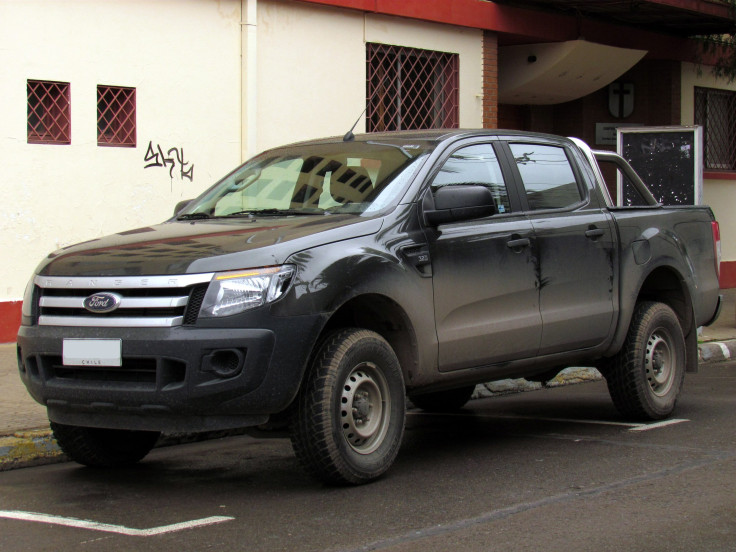Is The ‘Chicken Tax’ On The Chopping Block? Trade Deals Could See More Small Pickups In US Market If Import Tariff Is Lifted

Massive trade deals the U.S. is negotiating with Pacific Rim nations and the European Union will have wide-ranging implications, from making regulations more favorable to transnational corporate activities to dismantling protective trade barriers that will lower the price of imports. The dismantling of one tariff in particular could eventually see more foreign-made U.S. vehicles on the country's roads.
After Congress last week granted President Barack Obama fast-track authority to expedite the Trans-Pacific Partnership (TPP) and Transatlantic Trade and Investment Partnership (TTIP), removing a 52-year-old import tax on foreign-made SUVs, pickup trucks and cargo vans -- collectively known as light trucks -- seems inevitable.
Though it could take years to phase out the tariff once these trade deals are settled, the removal of the tax would open the way for an influx of cheaper foreign-made light trucks, a bitter pill U.S. automakers would swallow in return for lower-cost exports to Asian and European markets.
"[The tariff] has provided a competitive advantage for the domestic pickup producers," Daniel Ikenson, an economist and trade expert at the Washington-based libertarian Cato Institute, told Automotive News in a report published Monday.
In 1963, the so-called “chicken tax” imposed a 25 percent import duty on foreign-made light trucks in a retaliatory measure against West Germany and France after they imposed high tariffs on U.S. poultry imports. But in one of those quirks of foreign trade policy, even after the end of the Chicken War, the “chicken tax” remained in place. It’s why Volkswagen stopped selling its popular microbus in North America and is part of the reason the Toyota Hilux and Ford Ranger pickup trucks are not available in the U.S. market.
Small foreign-made pickup trucks have borne the brunt of the tariff’s effect because they aren’t as profitable as larger light trucks. To avoid the tax, foreign-branded small pickup trucks would have to be made inside the North American Free Trade Agreement zone of Canada, the U.S. or Mexico, a costly investment that could run into the billions of dollars.
The chicken tax encouraged foreign companies over the years to set up production lines in the U.S. for larger, more profitable light trucks, including the Honda Ridgeline (made in Lincoln, Alabama), the Nissan Titan (produced in Canton, Mississippi) and the Greer, South Carolina-made BMW X5.
Though American automakers have largely benefited from the protective tariff, that didn’t prevent Ford Motor Co. from both supporting the tariff and trying to avoid paying it. For years it was importing Turkish-made Ford Transit Connect vans as passenger vehicles with three rows of seats. Then, after the vehicles passed through U.S. customs, paying a 2.5 percent import tax on passenger vans, the seats were removed and recycled while the vans were then sold as cargo vehicles, saving Ford a considerable amount for outsourcing Transit van production to Turkey. In January 2013, U.S. customs officials told Ford to stop.
Ford CEO Mark Fields told NPR earlier this year that he supports the chicken tax because it makes U.S.-made light trucks more competitive against rivals who can produce vehicles elsewhere at a lower cost.
“We're free traders, but we want to make sure we're on a level playing field,” he said. “And right now around the world, [it’s] not so level depending upon things.”
© Copyright IBTimes 2024. All rights reserved.






















